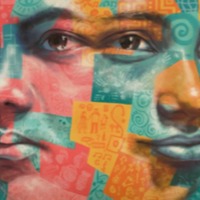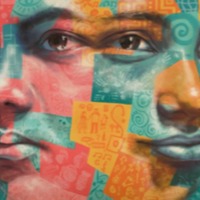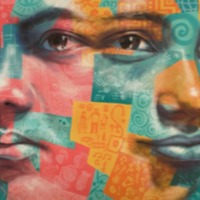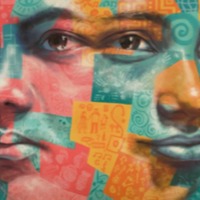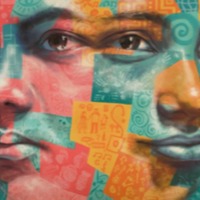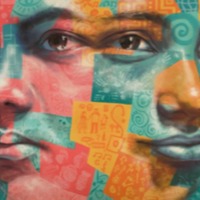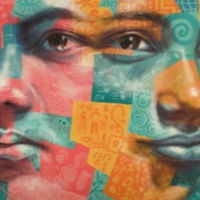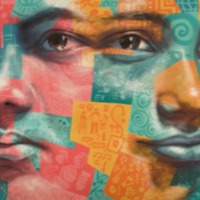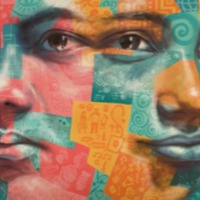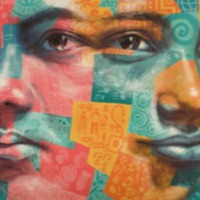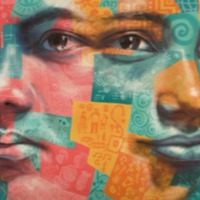
My name is Kikka Cerpa. I was born and grew up in Venezuela. I met a man named Daniel in Caracas, Venezuela, when I was working in a hotel. Daniel was very kind to me, I fall in love with him. I was only 17. After a few years, Daniel moved to New York and wanted me to join him. I didn’t know that Daniel’s family ran a sex trafficking business, bringing girls from Venezuela into the United States for sexual exploitation. When I arrived in New York City, Daniel and his cousin Sandra kept me in a basement. They took my passport and my money. They told me that I owed them a lot of money, the amount kept growing. They told me that the only way I could pay it off was working in a brothel that Sandra ran.
The first night was the worst. I had to serve 19 men, they line up for a new girl. I was trafficked over the next three years. My exploiter moved me from one place to another. One time I told Daniel that I was going to go to the police. He told me that if I did, that I would be arrested and deported.
Sometimes the police would raid the brothel. Instead of rescuing us, they demand that we perform sexual services on them. The other girls and I were arrested over and over for prostitution. Never did the police or the prosecutors ask us if we were trafficked. My best friend in the brothel was Annie, a girl trafficked by her family from the Dominican Republic. Annie was murdered in front of me by a customer. He was angry because she refused to have sex with him. I picked Annie’s killer out of a line-up, and I testify against him in court. After Annie was killed, I knew I needed to escape my traffickers. My way out was by marrying a customer. When I was seven months pregnant with my second daughter, he began to beat me. Like Daniel, he threatened to have me deported. He threatened to tell immigration that I was a criminal. He said, “who’s going to believe a whore?” I finally escaped with my daughters to a shelter for battered women. When I went to court for an order of protection I met Sanctuary for Family. Sanctuary for Family help me with a safe place to live, financial assistance and counselling. They helped me gain court-ordered protection, custody of my girls and an award from my abuser. They got my criminal conviction vacated and helped me get legal immigration status.
Like all the survivors here today, I am telling my story to help trafficking victims around the world. We need to pass and enforce laws that will protect us from trafficker like Daniel and Sandra. The customers should be held accountable. They should be treated like the criminals they are. They need to train the police officers and prosecutors so they can identify and protect victims. We need to provide victims with service, like the one that I received from Sanctuary for Families.
As told to the UN Human Rights Council, 7 June 2010
